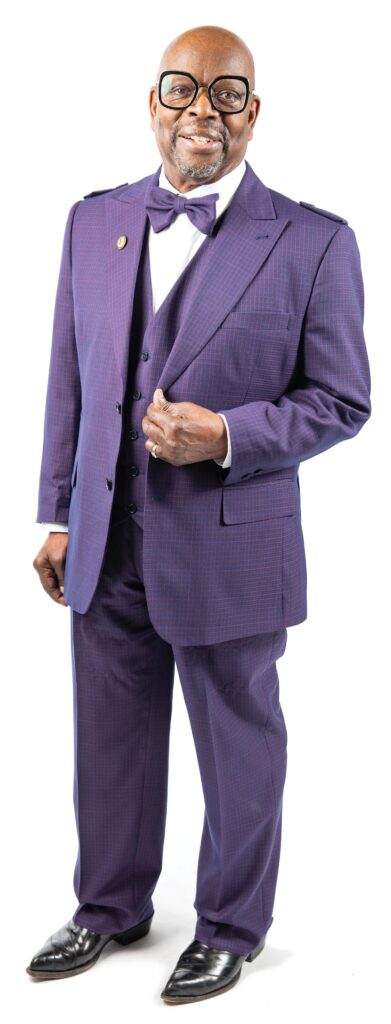Q + A: Rev. Cordell Simpson

The Rev. Cordell Simpson was ordained a pastor in Alabama in 1982 and joined VUMC’s chaplaincy service in 2008 on a part-time basis before becoming full time in 2012.
How much of your time is devoted to being a hospital chaplain?
I work 40 hours per week, Monday through Friday, visiting patients and families, caring for staff, and counseling and supervising Clinical Pastoral Education interns and residents. I attend and facilitate Zoom meetings and educate nurse residents about chaplaincy.
What about being a hospital chaplain appeals to you?
The thing that intrigues me the most is being there at the worst time in people’s lives and helping them to get through whatever it is that they are facing. At other times, it can be the happiest moment of a person’s life (for instance, receiving a transplant) and sharing that joy with them. No other forms of ministry allow you the privilege of playing such an intricate role in people’s lives. What appeals to me the most about chaplaincy is hearing people’s stories. You get to know people by listening to their stories.
What have been the biggest challenges and rewards in working with COVID-19 patients and their families?
At the beginning of COVID we had to communicate with the patient from outside the room with an iPad. Working with COVID patients has been, and still is, traumatizing, where I feel an emotional disturbance when I cannot do what I love doing (holding the patient’s hand, getting close to the patient, and being close with the family and comforting them). Because of COVID we must wear all of our PPE and practice social distancing and try to speak clearly and loudly enough while wearing a mask. My biggest challenge has been staying safe and not getting COVID and taking it home to my family.
Over your years of experience in working in a hospital, how have the spiritual and supportive needs of patients evolved?
I have been seeing a deterioration in the mental stability of patients, which affects their memory, communication and reasoning, which has a great effect on them spiritually and physically as well. This causes a greater need for spiritual/emotional support here in the hospital and in finding a facility for them after discharge.
How do you find strength to support others during difficult times in their lives?
Chaplaincy for me is a calling from God. I know that this is God’s plan and purpose for my being here, to be there for people in the worst times of their lives regardless of their nationality, gender preference, rich or poor. God gives me the strength, the ability, the love and the compassion to be here for our patients, families and staff during these difficult times.
